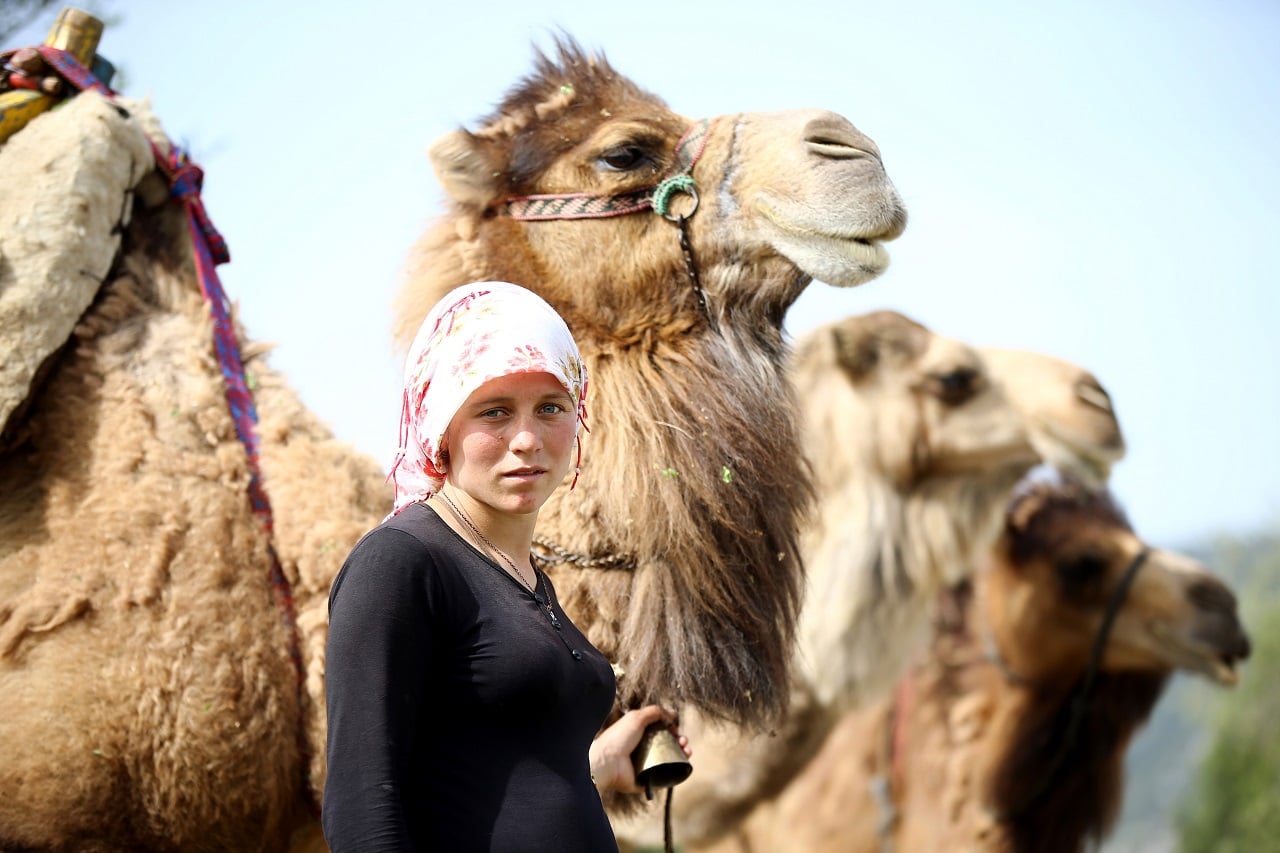
The Sarikecili Yoruks, Türkiye’s last fully nomadic community, have completed their seasonal migration once again, arriving in the district of Gulnar in Mersin, where they were welcomed with respect and recognition.
Who are Sarikecilli Yoruks: These Anatolian nomads have been preserving a centuries-old tradition of moving between summer and winter pastures, a practice that is becoming increasingly rare in the modern world.
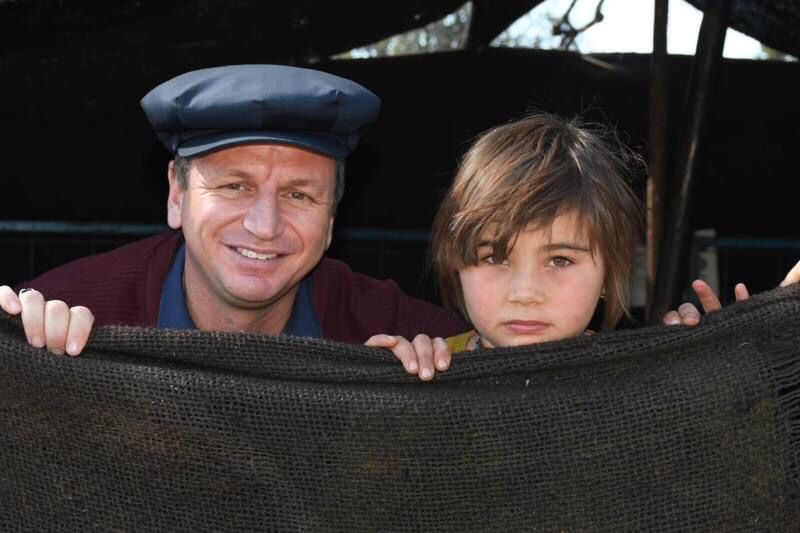
Gulnar’s Mayor Fatih Onge, himself of Yoruk heritage, greeted them wearing traditional attire. In a ceremony held on their arrival, Onge emphasized the cultural significance of the Yoruks, calling them “the foundation of this nation’s unity” and promised that their needs during the winter stay in Mersin would be met.
The Sarikecili Yoruks had embarked on their journey from the highlands of Konya when winter’s chill began to set in, a signal for the annual migration.
We have always lived and will continue to live the Yoruk culture.
Gulnar’s Mayor Fatih Onge
This arrival in Gulnar marks the end of their journey from the cool plateaus of the Taurus Mountains in central Anatolia to the more temperate climate of the southern Mediterranean region. This migration has been essential to their survival for hundreds of years, as it allows them to avoid harsh winter conditions and sustain their livestock.
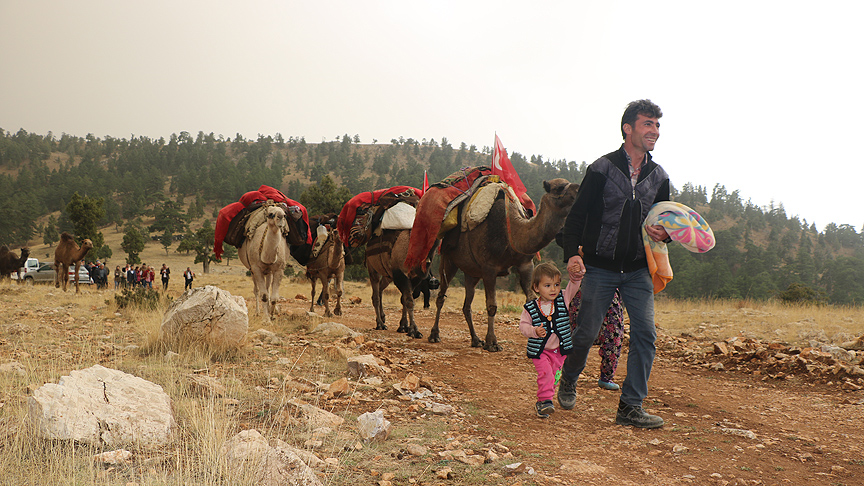
Every year, when the seasons change, the Sarikecili Yoruks undertake a journey that spans nearly 310 miles (500 kilometers) from their summer home in the Konya region to the winter pastures in Mersin’s warmer lowlands.
This journey, which typically lasts 20 days, is not a simple migration – it is a way of life that has defined the Yoruk culture for generations.
Carrying their belongings on camels, horses and even donkeys, the families and their livestock – goats in particular – travel across the rugged terrain of the Taurus Mountains. They set up camp wherever they find suitable pastureland and move forward at a pace dictated by the needs of their animals and the weather conditions.
We are continuing the tradition left to us by our ancestors. We’ve been doing this since the days when our ancestors migrated from Central Asia.
Ali Ucar, a prominent elder in the Sarikecili community
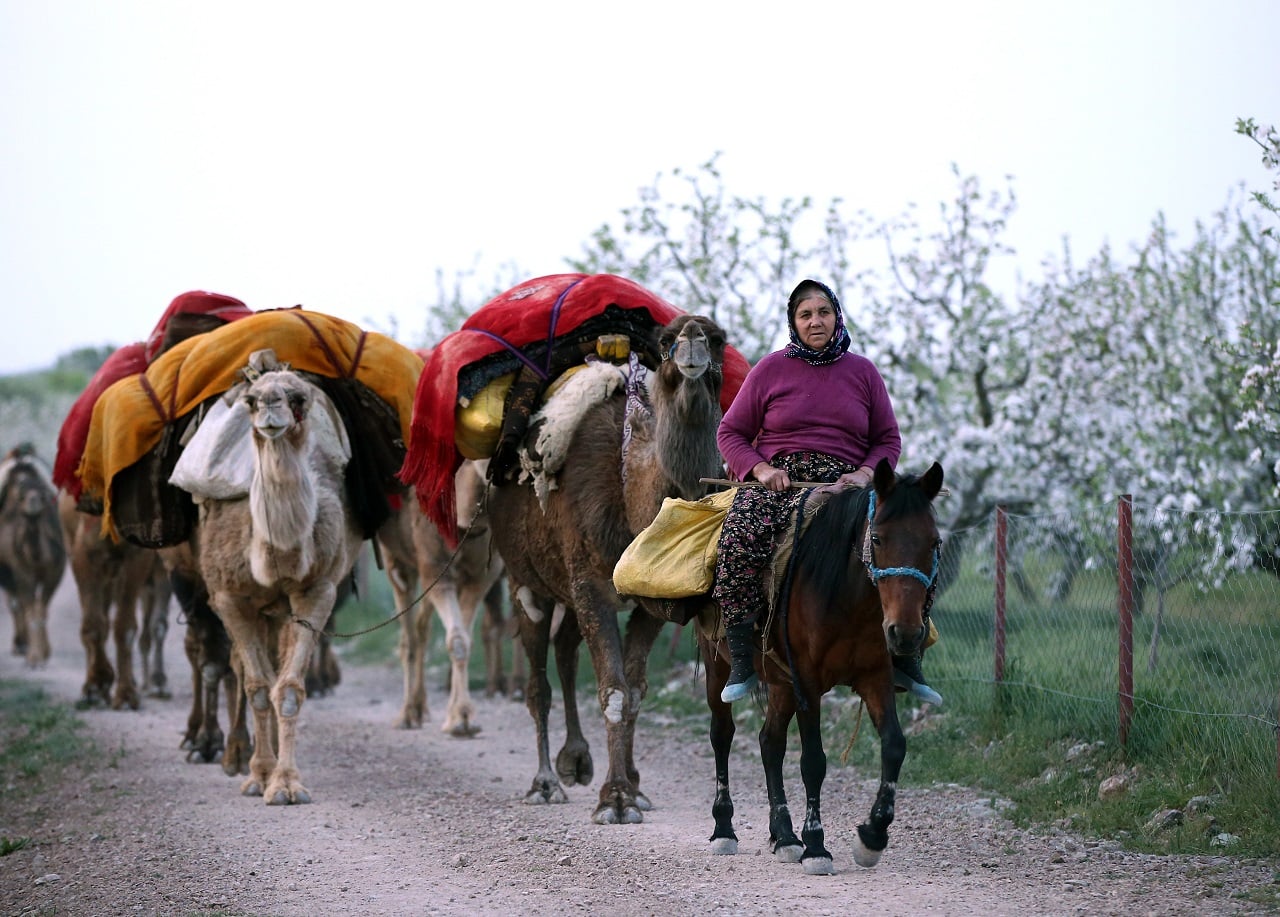
For Ucar and many others in the community, this nomadic lifestyle is a point of pride. They have long resisted the pressures to settle down, despite modern challenges. In an era where most people have left the nomadic life behind, the Sarikecili Yoruks remain steadfast, carrying on their annual migration in much the same way their forefathers did.
However, this traditional way of life is not without its difficulties. The Yoruks face numerous challenges during their migration, from unpredictable weather to attacks by wolves on their livestock.
But even these hardships are met with determination. As 27-year-old Fatma Dilekmen, a younger Yoruk who continues the tradition with her husband and young child, explained, “This is the life we know, and we do it with love. It’s not easy, but it’s our way of life.”
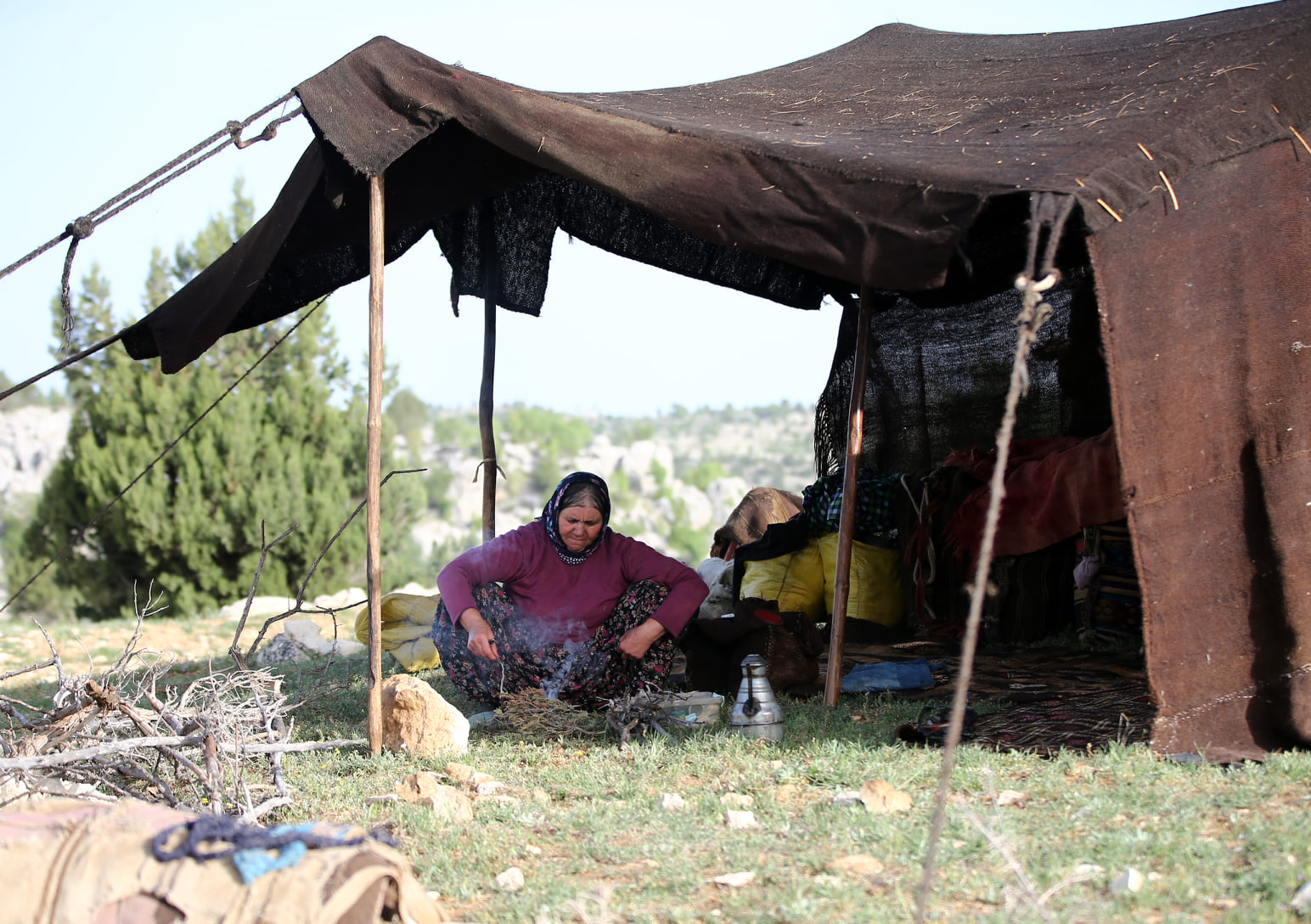
Nomadism remains alive in Türkiye, especially in the Taurus Mountains, though challenges loom for the Sarikecili Yoruks, the last group in Anatolia practicing full-time migration.
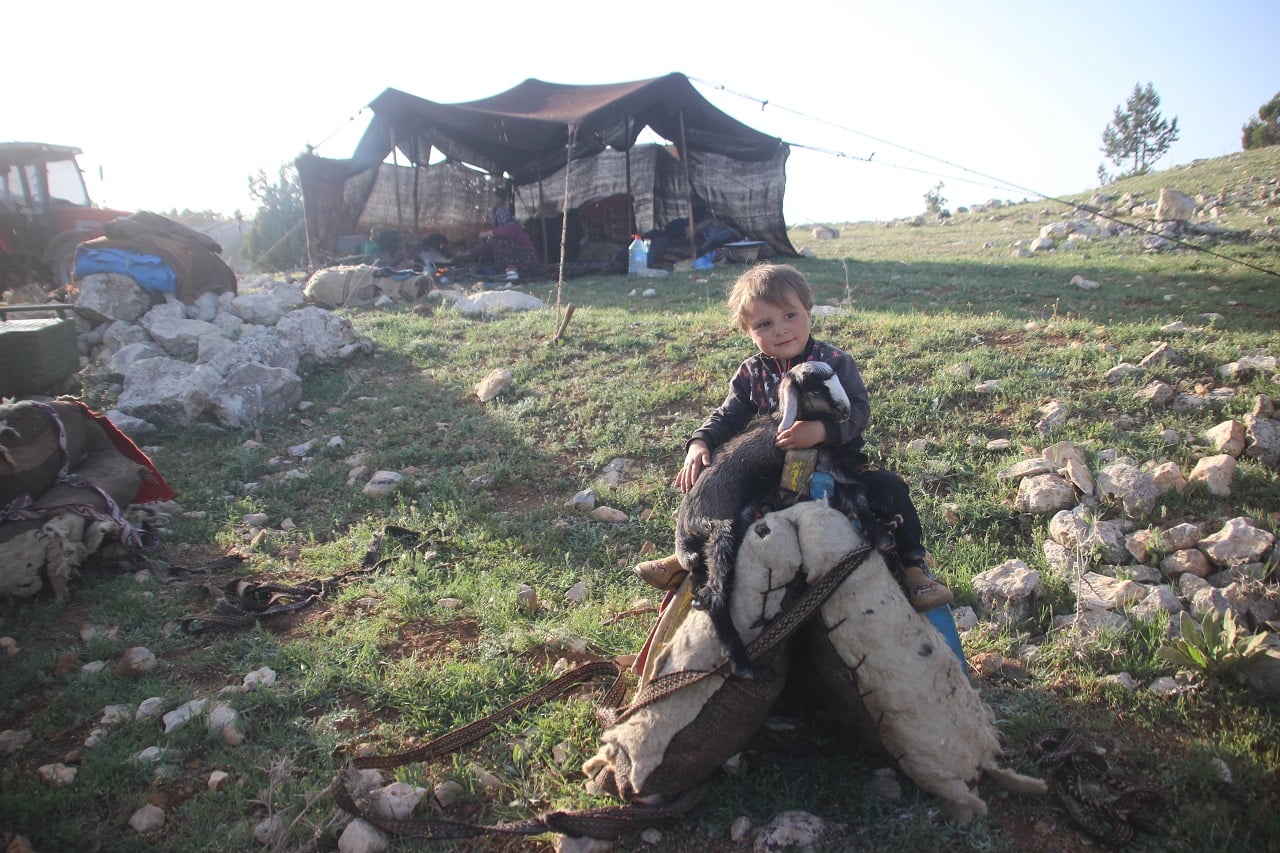
Key challenges:
The bottom line: While the Sarikecili Yoruks remain committed to their ancient way of life, modern pressures and the needs of younger generations make it increasingly difficult to sustain nomadism in Türkiye.
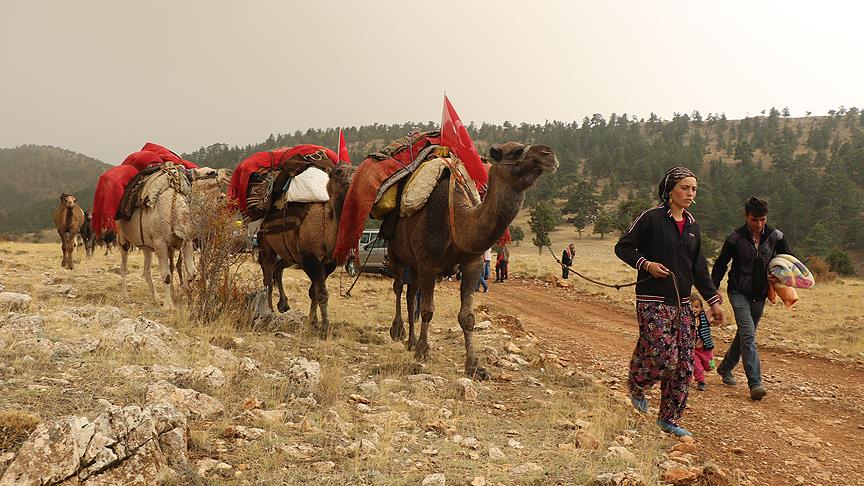
The challenges facing the Sarikecili Yoruks are not just societal but also environmental. Their access to grazing land is increasingly restricted due to forest laws, and the encroachment of modern infrastructure has disrupted traditional migration routes.
The nomadic life, once widespread across Türkiye, is now threatened by these restrictions. Yet the Yoruks remain resilient, finding ways to adapt without abandoning their traditions.
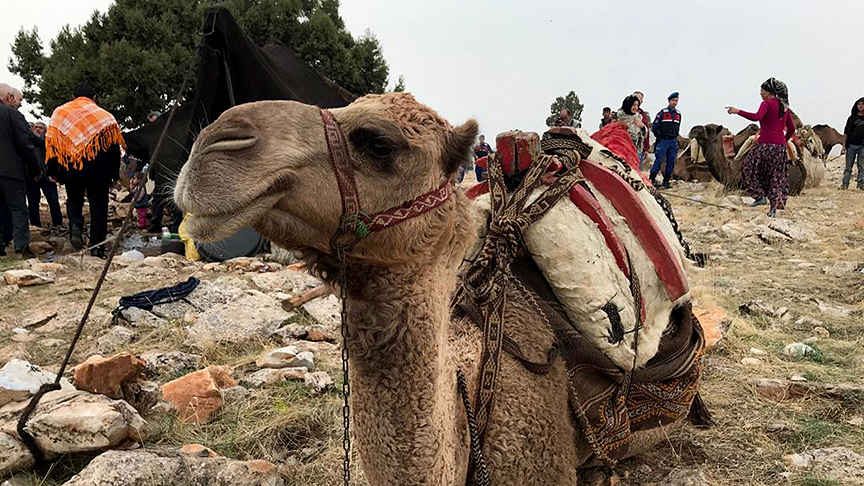
In the past, the Sarikecili used camels as their primary pack animals. However, in recent years, most families have had to sell their camels due to financial difficulties, opting instead for tractors to transport their belongings during migration.
This shift symbolizes the creeping influence of modernity on their way of life, yet it has also become a necessary adaptation for survival.
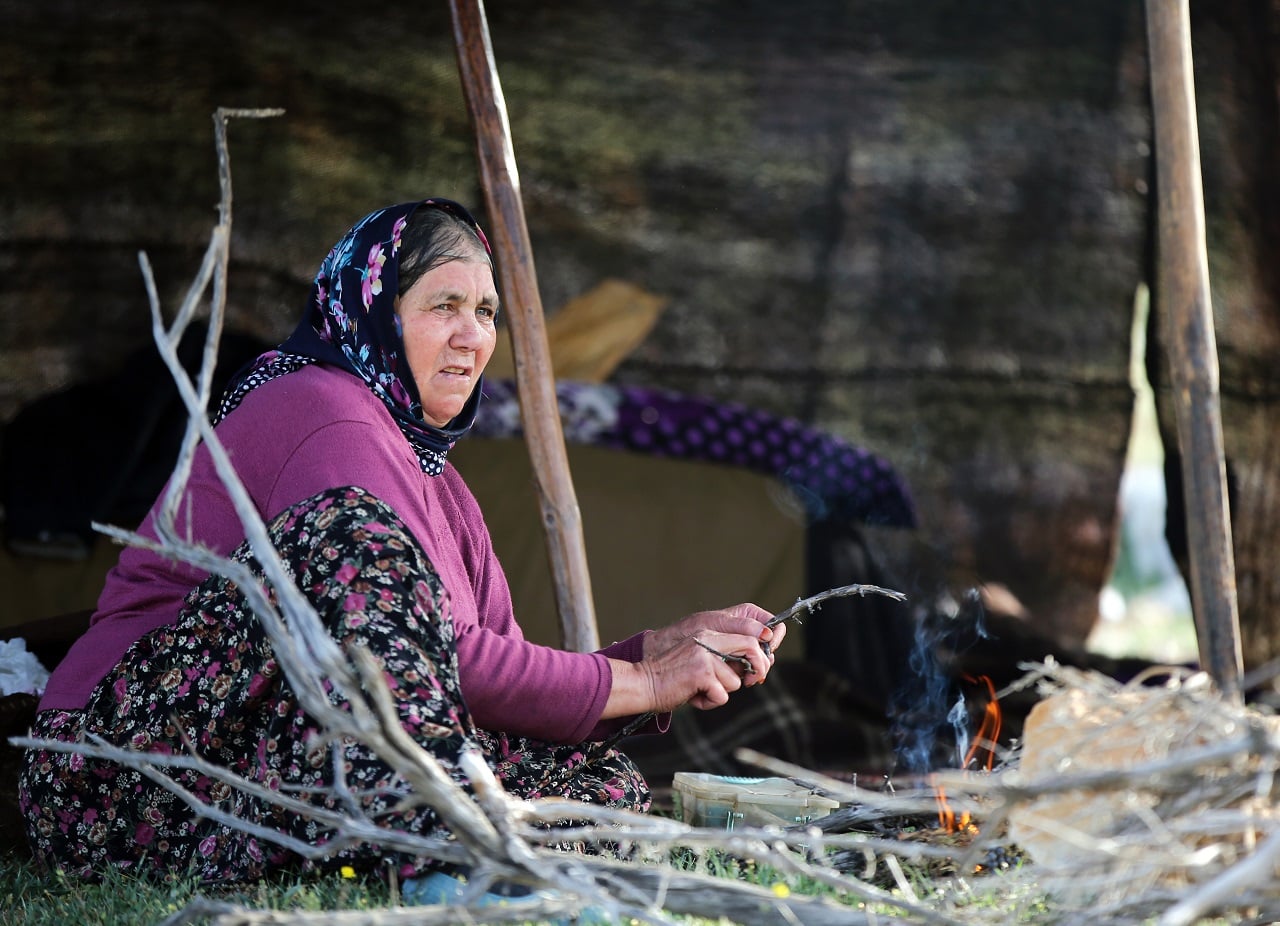
The Sarikecili Yoruks are facing a combination of societal, environmental and economic challenges that threaten their traditional nomadic lifestyle.
Despite these challenges, the Sarikecili Yoruks remain resilient. For them, nomadism is more than a means of survival; it is a way of life deeply tied to their heritage and identity.